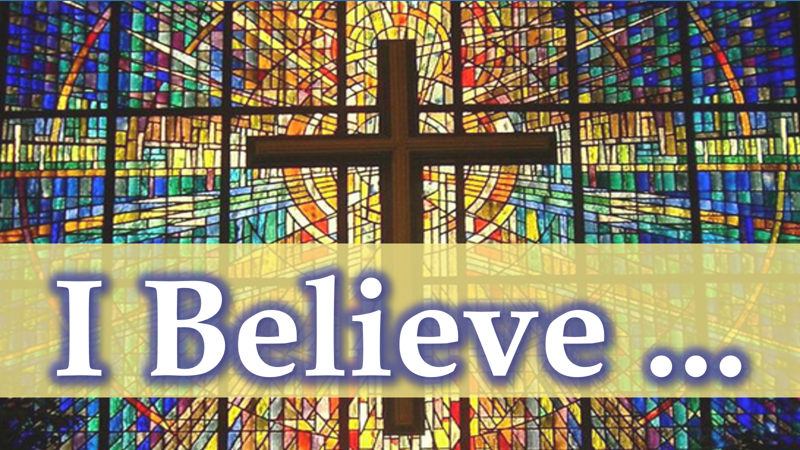Can We Really Trust the Bible?


Everywhere you turn, people are asking big questions about truth.
Can you really trust the Bible in a world full of competing voices?
Isn’t it just an old book, copied and re-copied, full of contradictions and outdated ideas?
Or is it truly the Rock we can build a life on?
That question matters more than most people realize. If the Bible is trustworthy, then the hope it offers — forgiveness, eternal life, purpose — is real. If it isn’t, then Christianity crumbles with it.
So, can we trust it? Let’s look at six reasons why the Bible is different from every other book in history.
1. Jesus Trusted the Bible
Start with Jesus Himself.
John 10:35 — “Scripture cannot be broken.”
Matthew 5:18 — “Not the smallest letter… will disappear until everything is accomplished.”
Luke 24:44 — “Everything written… must be fulfilled.”
Jesus, who healed the sick, calmed storms, and walked out of the grave alive, treated Scripture as God’s unbreakable Word. If He is Lord, how could we take a lower view of Scripture than He did?
2. The Bible Tells One Story
The Bible is sixty-six books written by more than forty authors across 1,500 years, in three languages, on three continents. It's difficult getting three people to agree on where to eat lunch; however, consider this: shepherds, kings, prophets, fishermen, and prisoners all wrote in different times and places, yet their writings converge on one story.
From Genesis to Revelation, the theme is the same: Creation → Fall → Promise → Christ → New Creation. Different voices, one song. That unity is a fingerprint of divine authorship.
3. History Confirms It
The Bible makes public claims that can be verified.
For years, skeptics mocked John’s mention of the “pool of Bethesda.” Then archaeologists found it — with five colonnades, just as John described (John 5:2).
For centuries, critics claimed King David was a myth — until an inscription was unearthed in 1993 that spoke of the “House of David.”
The Gospel writers didn’t deal in fairy tales; they wrote about real people, real places, and real events.
And the resurrection? Paul pointed to more than 500 living witnesses (1 Corinthians 15) at the time of his letter. He was essentially saying, “Go ask them yourself.” No other religion opens itself up to fact-checking like that.
4. It’s Been Preserved with Care
Some worry the Bible has been changed over time. But the evidence tells a different story.
When the Dead Sea Scrolls were discovered in the 1940s, they contained a copy of Isaiah from around 100 BC. Comparing it to our modern Hebrew Bible revealed an astonishing match — word for word, across 1,000 years of copying.
And the New Testament? With over 5,800 Greek manuscripts (far more than any other ancient work), plus thousands of early translations and quotations, scholars can reconstruct the original with remarkable accuracy. If we can trust Plato and Caesar’s writings — with far less manuscript evidence — why wouldn’t we trust the Bible?
5. Prophecy Fulfilled
Jesus didn’t just show up and claim to be the Messiah. His life fulfilled promises written centuries in advance.
-
Isaiah 53 — pierced for our transgressions.
-
Micah 5:2 — born in Bethlehem.
-
Psalm 22 — hands and feet pierced, garments divided by casting lots.
-
Zechariah 11 — betrayed for thirty pieces of silver.
What are the odds of one man fulfilling just a handful of these? Astronomical. Statisticians have tried to quantify it: the chance of fulfilling only 8 prophecies is like covering the Great Lakes with coins four feet deep, marking one, and asking a blindfolded person to find it on the first try. Jesus didn’t fulfill 8. He fulfilled more than 50 specific prophecies — and when you include foreshadowings and types, over 300 references point to Him.
This isn’t chance. This is God’s plan, written in advance.
6. Lives Still Change
Perhaps the most compelling evidence isn’t in manuscripts or archaeology, but in people.
Augustine, a promiscuous philosopher, was transformed when he opened the Bible to Romans 13.
John Wesley felt his heart “strangely warmed” hearing the Bible read, sparking a revival.
Across centuries and cultures, ordinary people have been pulled from despair, addiction, bitterness, and unbelief by the Word of God.
You can debate with philosophy. You can argue with history. But how do you dispute a changed life?
What This Means for You
If the Bible is true, then the hope it offers is real.
-
Confidence: You can stand firm in faith, even in storms.
-
Clarity: You can explain what you believe and why.
-
Conviction: You can live differently — not just hearing God’s Word, but doing it.
Storms will come — cultural storms, personal storms, storms of doubt. The question is: what are you building on? Sand? Or the Rock of God’s Word?
The Bible has been trusted for centuries because it is trustworthy. Not shifting sand, but a solid foundation.
